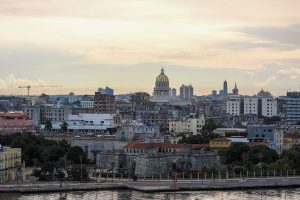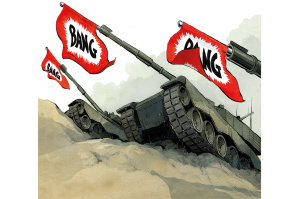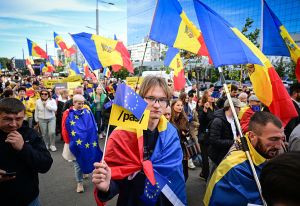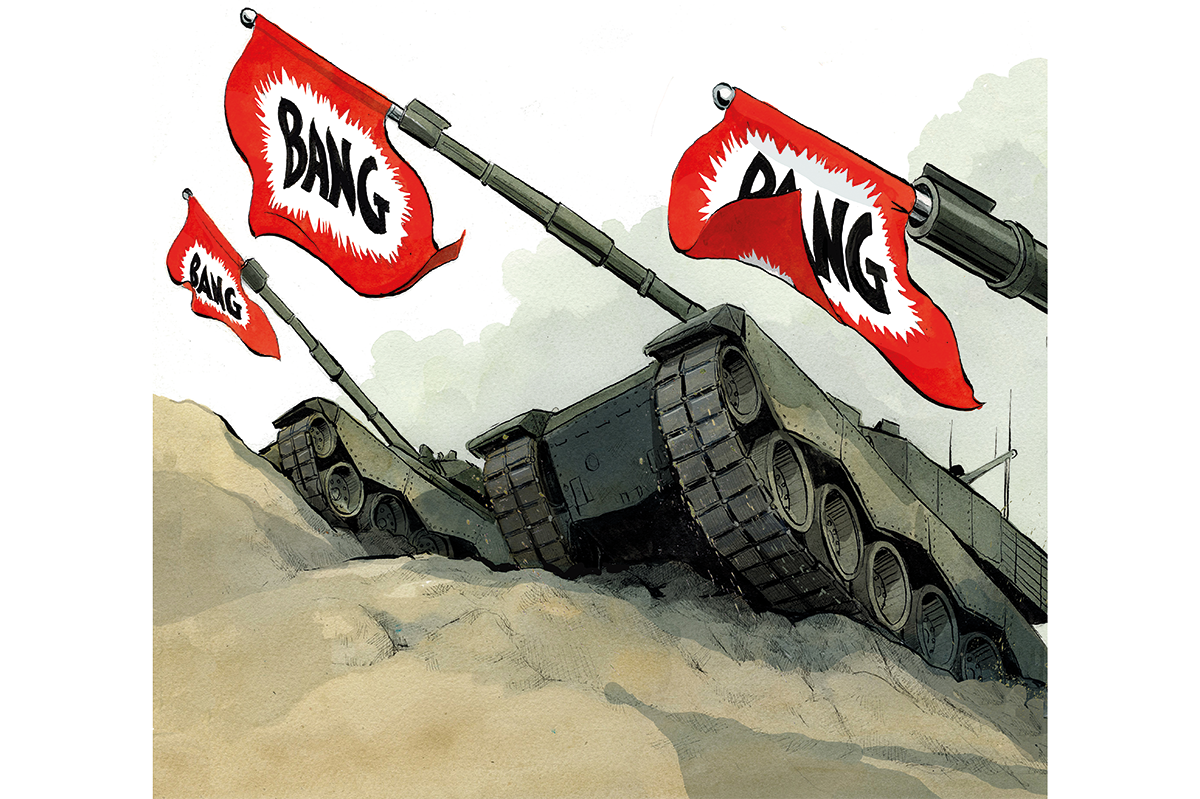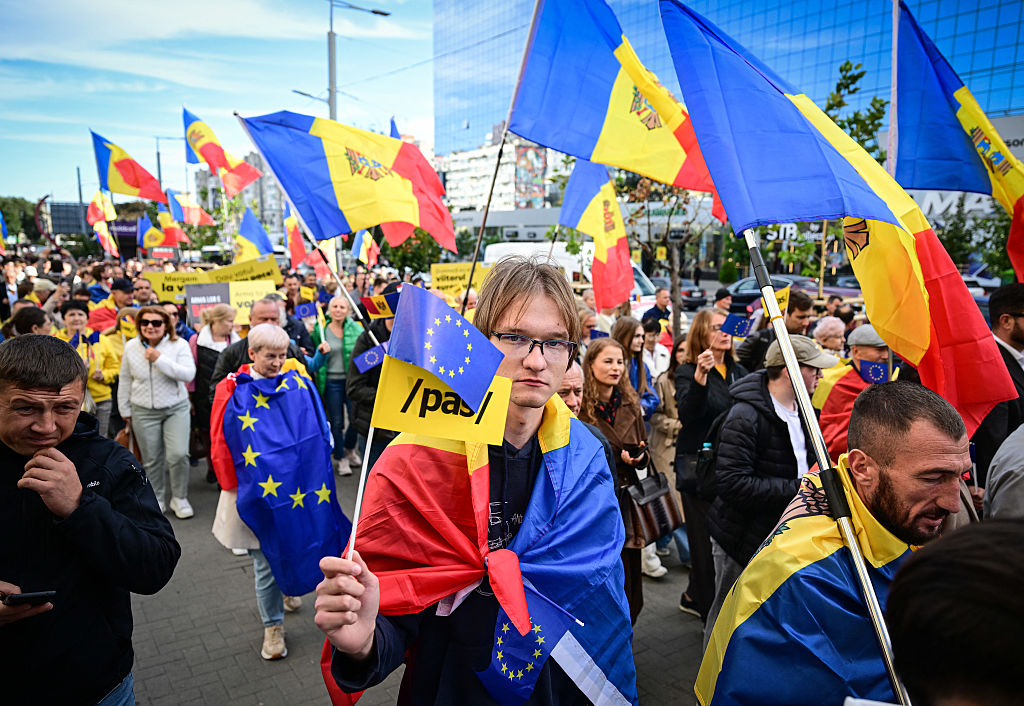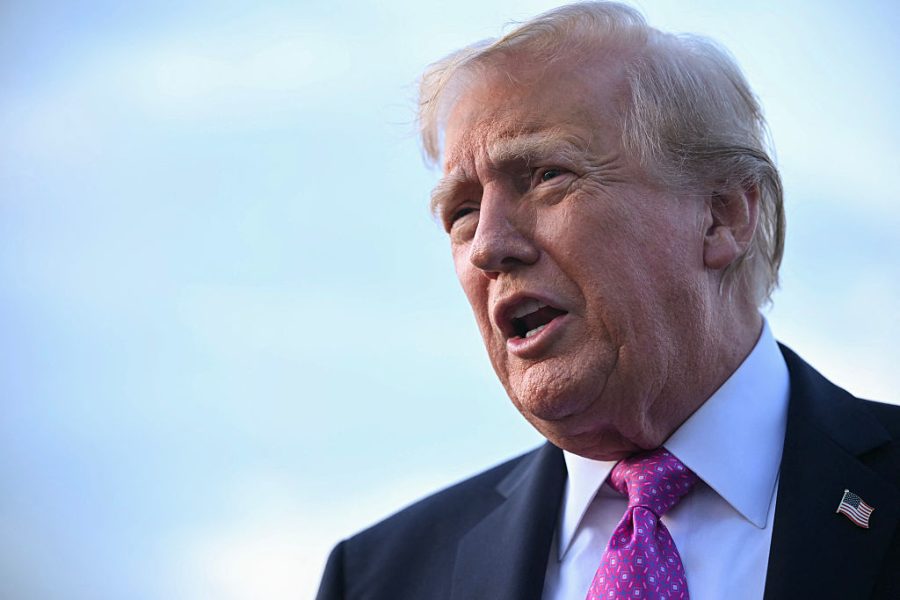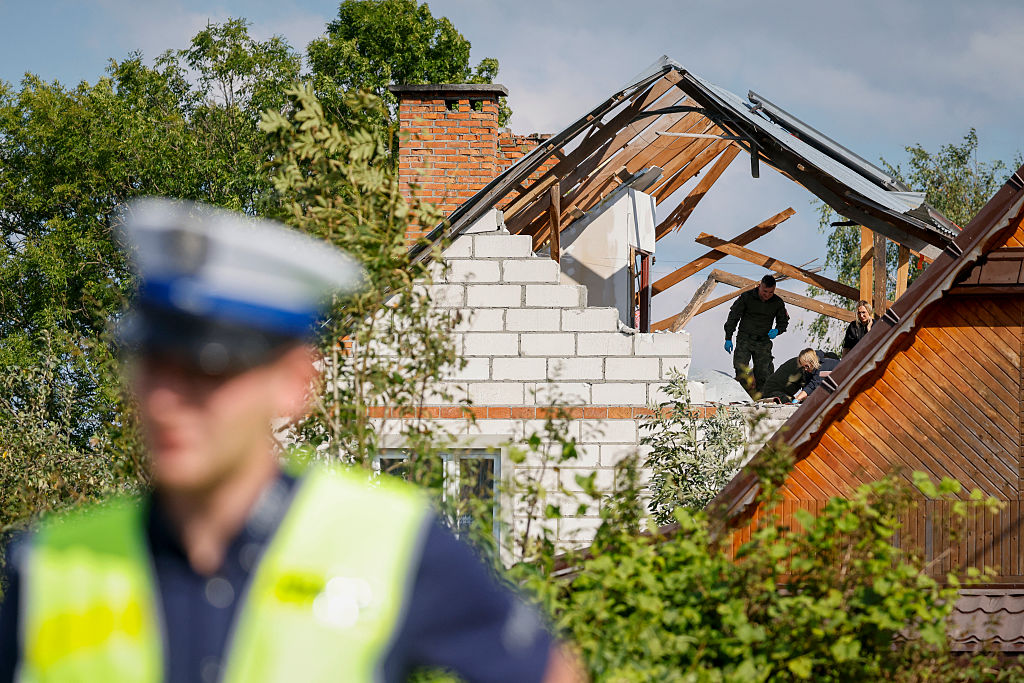Our Serbian guide Zoran is a jovial fellow and as we rumble through the streets of Belgrade in our minibus he regales us with a joke about the difference between the various nationalities of the former Yugoslavia, all now with countries of their own. “We Serbs are rude,” he says, “but the Croatians are self-centered, the Bosnians are thick, the Montenegrins are lazy and the Macedonians are just Serbs with a speech defect. As for the Slovenians, they are so polite they must be gay!” Joking about each other is a definite improvement on fighting each other, as per so much of their history. The countries on my Balkan tour – Serbia, Romania and Bulgaria – have been struggling for more than three decades with their post-communist problems. But they do like a laugh.
The Serb capital Belgrade sits at the confluence of the Sava and the Danube. These rivers marked the boundary between the southern part of Serbia, ruled by the Ottomans for 400 years, and the northern part, which was controlled by the Habsburg empire. If Belgrade looks shabbier than other European capitals, Zoran believes it’s because “the legacy of the Turks is the Eastern mentality of many Serbs, rather than the more organized, efficient Austrian attitude. We just let things go.”
But perhaps the true problematic legacy is that of the communist era, with its endemic corruption and lack of transparency. One recent example of this is the collapse of the poorly constructed canopy at Novi Sad railway station, which killed 15 people. Unregulated contractors had apparently prioritized profit over safety. There were widespread public protests.
Passing a ruined building, Zoran explains that it was wrecked during NATO’s bombing of Belgrade in 1999. That bombing had been prompted by President Slobodan Milošević’s massacres of ethnic Albanians in Kosovo and the failure of diplomatic efforts to halt it. Zoran doesn’t mention this. But he speaks in a slightly wounded tone, as though there was no need for such cruel destruction. The Serbs are hostile to NATO, just like their supporters, the Russians. These two Slav peoples have long been united politically, and culturally through their shared Eastern Orthodox religion and Cyrillic alphabet. Vladimir Putin proposed Serbia as a country he would accept in a post-war peacekeeping role in Ukraine. (Although even he must have seen the absurdity of that.) Along busy pedestrianized Knez Mihailova Street, Belgrade’s premier spot for shops, restaurants and cafés, souvenir stalls sell Putin mugs and Putin socks. They seem unduly fond of him.
More positively, there is a rare sense of social cohesion among the Serbs. All generations routinely attend church services, and on leaving the building turn back towards its icon-filled, incense-infused interior and make the sign of the cross. Youngsters are no exception. “They’re not necessarily religious,” notes Zoran, “but we all respect our national Church.”
That Romania is doing much better, with higher salaries, a relatively strong economy and better national infrastructure, is due to its being a major net recipient of European Union funds. The capital Bucharest, established by Vlad the Impaler in 1459, is today one of the world’s most congested cities, with non-stop traffic jams and an ugly profusion of graffiti. But our native guide Marius is upbeat. “Just as joining NATO has given us security, joining the EU has helped us gradually to escape from the long shadow of communism, with its many injustices. We have acquired a better understanding of democracy, good governance and the rule of law. There is still corruption, but it’s decreasing.”
With a grin he adds: “And we are a safe country – less crime on our streets since our pickpockets left, thanks to freedom of movement.” As for mass migration into Europe, Romania is unaffected. The ex-communist states are not the migrants’ destinations of choice. “Some years ago the police found two African stowaways in the back of a truck,” recalls Marius. “On discovering they were in Romania they cried out in horror: ‘No, we want to go to Germany!’” On the other hand, Romania currently hosts about 200,000 Ukrainians who had fled Putin’s war, and there’s been growing resentment towards them, especially as many drive better cars than the Romanians do.
‘Romania is a safe country – less crime on our streets since our pickpockets left, thanks to freedom of movement’
With last week’s victory of the centrist, quietly competent candidate Nicușor Dan in the presidential elections, Romania can continue on its pro-European path. But it was a close run thing. The campaign of his rival, the hard-right, pro-Kremlin ultranationalist George Simion, had received a big boost through a Russian-engineered TikTok campaign, which won him support in the Romanian diaspora. In a move which will prolong political instability, Simion is disputing the election result.
The Danube marks the border between Romania and Bulgaria, and we enter the latter by crossing on the rusty Friendship Bridge, built in 1954. Bulgaria is the poorest country in the EU. As the natives put it: “We are at the bottom of the barrel, but at least the barrel is on the first floor of the house and not in the basement.”
The country’s political class is a leftover from communist times; a new untainted generation of leaders is yet to emerge. As it obviously lacked the necessary preconditions for membership, why was it accepted into the EU? Our cheery middle-aged guide Elena claims, as we stroll through the capital Sofia, that the EU bureaucrats probably decided it was better to have Bulgaria in the union than under the sway of Russia.
Aspirational young people, especially those who’ve managed to learn English despite the sub-standard education system, have mostly moved abroad. Those who remain are infected by apathy. As nothing ever changes, they’ve given up on their “democracy” – voter turnout at last year’s parliamentary elections was 34 percent, the lowest since the end of communist rule in 1989. And criminality is rife. Elena quotes a saying: every country has a mafia but Bulgaria is a mafia with a country.
In the ancient city of Plovdiv, a cultural hub and architectural gem, local man Milos says that despite its failings, he won’t abandon his country because he cares about it. “We’ve given up on politics,” he says, “so we turn to satire.” He describes the Marvel-inspired comic strip in Plovdiv in which the baddies are thinly disguised local politicians and the heroes are popular local characters, such as Milyo, the town drunk renowned for chatting up passing females. Just as in the darkest days of communism, it’s humor which keeps you hanging on.










